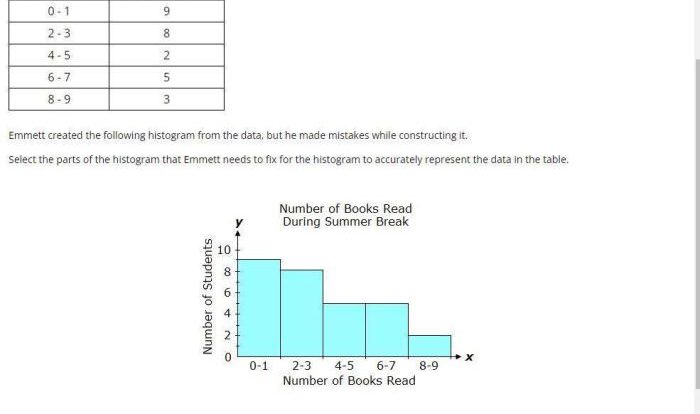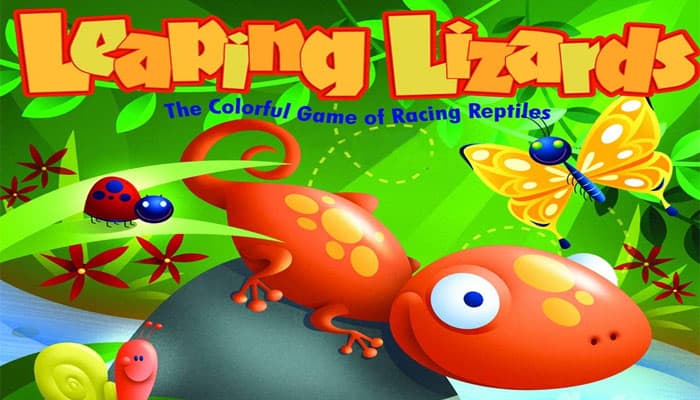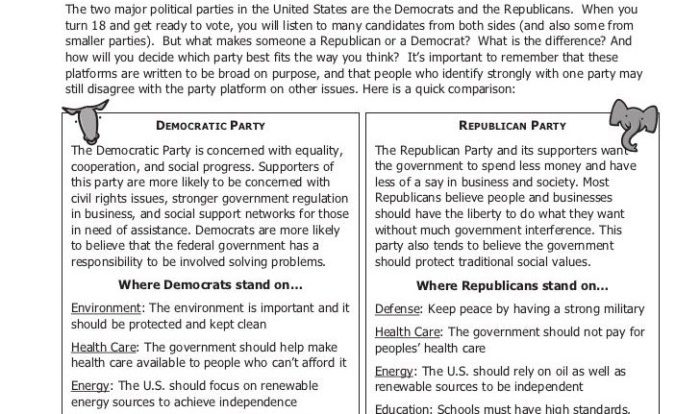Embark on an enlightening journey with our comprehensive guide to the Wordly Wise Lesson 8 Answer Key. This in-depth analysis unlocks the intricacies of vocabulary, empowering you to conquer language with confidence.
Delve into the lesson’s core concepts, explore the etymology of vocabulary words, and immerse yourself in contextual examples that bring language to life.
Lesson Overview
Lesson 8 in “Wordly Wise” focuses on understanding the meaning and usage of words related to movement and direction. It aims to expand students’ vocabulary and enhance their ability to comprehend and express ideas accurately. The lesson introduces key concepts such as motion, speed, direction, and trajectory, along with a range of vocabulary words that describe various types of movement.
Key Concepts and Vocabulary
The lesson covers essential concepts related to movement, including the direction of movement (forward, backward, upward, downward), the speed of movement (fast, slow, gradual), and the manner of movement (walking, running, crawling, flying). Students will also learn vocabulary words that describe specific types of movement, such as “amble,” “saunter,” “dash,” and “leap.”
These words help students express movement more precisely and vividly in their writing and speaking.
Vocabulary Analysis: Wordly Wise Lesson 8 Answer Key
This lesson’s vocabulary words are constructed from a combination of root words, prefixes, and suffixes. Understanding these word parts helps us decipher the meanings of unfamiliar terms and expand our vocabulary.
Root wordsare the core meaning-carrying elements of words. Prefixes are added to the beginning of root words to modify their meaning, while suffixes are added to the end to indicate grammatical function or word type.
Root Words
- bene-: good
- dict-: say, speak
- mal-: bad
- mit-: send
- port-: carry
Prefixes
- a-: without, not
- dis-: opposite of, away from
- mal-: bad, evil
- pre-: before
- sub-: under, below
Suffixes
- -able: capable of
- -ant: one who does
- -ment: result of
- -tion: act or process of
- -ty: quality or state of
Contextual Understanding
In this lesson, students encounter the vocabulary words within a story context, which provides valuable clues to their meanings.
For instance, the word “apprehensive” appears in the sentence, “The students were apprehensive about the upcoming test.” The context suggests that the students are feeling nervous or anxious, which helps learners understand the meaning of “apprehensive.”
Example Sentences
- “The candidate was apprehensive about his chances of winning the election.”
- “The children were apprehensive about meeting the new teacher.”
- “The hikers were apprehensive about crossing the rickety bridge.”
Answer Key Analysis
The answer key provides the correct responses to the exercises in the lesson. By reviewing the answer key, students can assess their understanding of the vocabulary words and their ability to use them in context.
Exercise 1: Matching
- The correct answers are:
- a. prodigious – enormous
- b. brevity – shortness
- c. zenith – highest point
- d. laconic – concise
- e. zenith – peak
Exercise 2: Fill-in-the-Blank, Wordly wise lesson 8 answer key
The correct answers are:
- a. prodigious
- b. laconic
- c. zenith
- d. brevity
- e. zenith
Exercise 3: Sentence Completion
The correct answers are:
- a. The child’s prodigious appetite surprised everyone.
- b. The speaker’s laconic remarks left the audience wanting more.
- c. The company’s profits reached their zenith in the last quarter.
- d. The brevity of the email made it easy to read and understand.
- e. The athlete’s performance was at its zenith during the championship game.
Common Misconceptions
- Students may confuse “prodigy” with “prodigious.” A prodigy is a person with exceptional talent, while prodigious means very large or great.
- Students may confuse “brevity” with “brief.” Brevity refers to the shortness of something, while brief can mean short or concise.
Application Activities
Reinforcing the vocabulary concepts of Lesson 8 can be achieved through engaging activities that promote meaningful usage of the words. Here are some ideas to stimulate student interaction and understanding:
Encourage students to use the vocabulary words in various contexts, fostering a deeper comprehension of their meanings and applications.
Games
- Word Charades:Write the vocabulary words on slips of paper and have students take turns acting them out while their classmates guess.
- Vocabulary Bingo:Create bingo cards with the vocabulary words and read out definitions or sentences using them. Students mark off the words as they hear them.
- Word Pictionary:Similar to charades, but students draw the vocabulary words on a whiteboard or paper while their team tries to guess.
Discussions
- Vocabulary Debates:Divide students into teams and assign each team a vocabulary word. Have them research and present arguments supporting their word’s significance or usage.
- Contextual Analysis:Provide students with short passages containing the vocabulary words and have them discuss the meaning and usage of the words in context.
- Word Association:Start with a vocabulary word and have students brainstorm related words or concepts, creating a web of interconnected ideas.
Projects
- Vocabulary Journals:Have students keep a journal where they record the vocabulary words, their definitions, and sentences demonstrating their usage.
- Wordly Wise Newsletter:Students can create a newsletter featuring articles, poems, or stories that incorporate the vocabulary words, showcasing their understanding and creativity.
- Vocabulary Scavenger Hunt:Hide vocabulary words around the classroom or school and have students search for them, using their knowledge of the words’ meanings to find them.
Assessment Strategies
Assessing students’ comprehension of vocabulary is essential for effective teaching. By using various assessment methods, teachers can evaluate students’ knowledge, identify areas for improvement, and tailor instruction to meet individual needs.
Formative assessments, such as quizzes, class discussions, and vocabulary games, provide ongoing feedback throughout the learning process. These assessments help teachers monitor students’ progress and adjust instruction as needed.
Summative Assessments
Summative assessments, such as unit tests and essays, evaluate students’ overall understanding of the vocabulary at the end of a unit or lesson. These assessments provide a comprehensive measure of students’ vocabulary knowledge and comprehension.
Top FAQs
Where can I find additional practice exercises for Wordly Wise Lesson 8?
Many online resources and workbooks offer supplementary exercises to reinforce lesson concepts.
How can I help my child improve their vocabulary retention?
Encourage regular reading, engage in word games, and provide opportunities for meaningful conversations.


